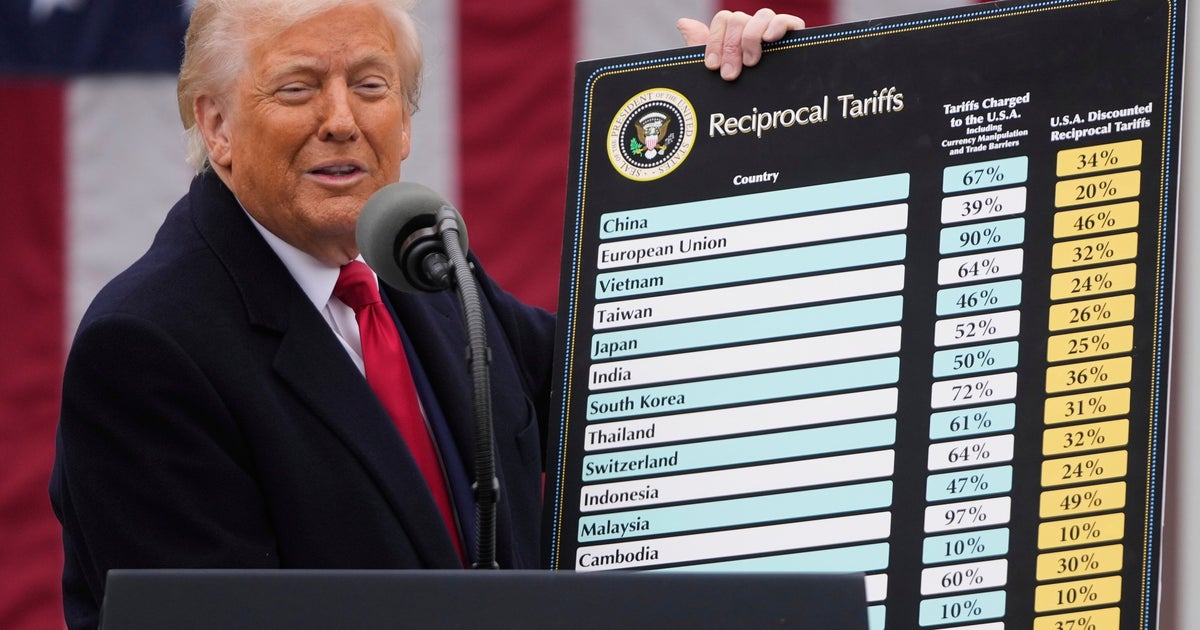The Supreme Court announced on Tuesday that it will hear arguments on whether President Donald Trump’s “emergency” imposition of “reciprocal” and “trafficking” tariffs was illegal.
The Trump administration urged the high court to take up oral arguments mere days after a split panel at the U.S. Court of Appeals for the Federal Circuit in Washington, D.C., ruled that many tariffs Trump set into motion under the International Emergency Economic Powers Act were unlawful since IEEPA does not allow tariffs to be imposed without an end date hashed out.
For now, tariffs will stay in place as the administration prepares to make its case to the justices.
The showdown at the Supreme Court will be critical in deciding the fate of Trump’s self-inflicted trade war that has caused prices to soar on imports to the U.S. The president imposed both “reciprocal” and “trafficking” tariffs on key trading partners earlier this year, arguing that “reciprocal” tariffs of 10% to 50% on most goods would shore up the U.S. economy and “trafficking” tariffs, applied to goods coming from Mexico, China and Canada, would stem the flow of fentanyl into America. (Though fentanyl overdose deaths in the U.S. have long been an epidemic, the Centers for Disease Control and Prevention reported in August that, since 2023, fentanyl overdose deaths have actually been on the decline.)
The decision to hear arguments was all but certain: The Supreme Court, particularly the court’s conservative majority, has dealt the president and his administration win after win since the start of his second term in office, seemingly twisting or contorting long-standing legal precedent to satisfy Trump’s every whim and advance his political agenda. Though the ruling itself is yet to come, the court’s willingness to take up this issue is, in and of itself, a victory for the administration.
The high court will consider whether Trump broke the law when he imposed the tariffs under the emergency statute in November. (He first announced them in April and most have gone into effect only in the last month. The tariffs that will be argued over in November are separate from those he applied to steel and aluminum.)
This is a developing story. Please check back for updates.
